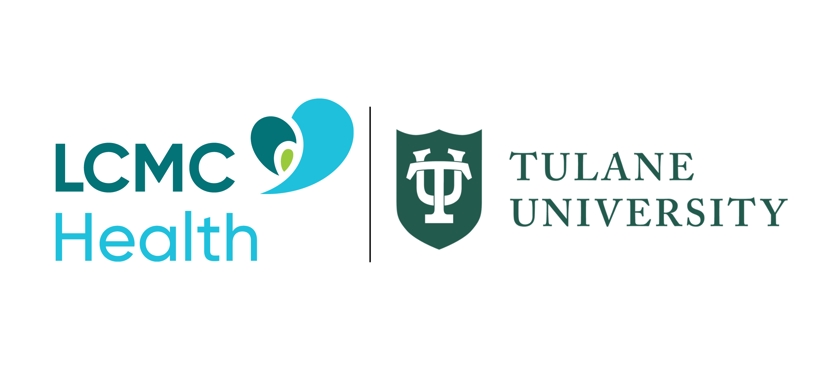Diabetes eye care: vision for a healthy future
- Category: Diabetes
- Posted on:

Diabetes eye care: vision for a healthy future
Life in NOLA and Louisiana is a feast for your senses, especially your eyes. If you have diabetes, however, it’s important to manage it well so you can enjoy all the beautiful and exciting sights our home offers. The key is to prioritize diabetes eye care.
Why is diabetes eye care important?
People with diabetes can experience a variety of eye symptoms, from blurry vision to floaters. If your blood sugar stays too high for too long, it can cause damage to the blood vessels in the back of your eyes. That, in turn, can lead to vision loss. However, if you stay focused on diabetes eye care, you can protect your eyes and reduce your risk of diabetic eye disease.
Diabetes eye care encompasses the steps that you and your medical team—including your primary care provider (PCP), diabetes specialist, and eye specialist—take to safeguard your eye health. The cornerstone of diabetes eye care is a yearly dilated eye exam with an ophthalmologist or optometrist.
Regular dilated eye exams allow your eye specialist to detect any diabetes-related problems early. Early detection and treatment can help prevent vision loss. In fact, 95% of diabetes-related vision loss may be avoidable with annual eye exams, according to the American Diabetes Association.
The biggest diabetes-related threat to vision
An important part of diabetes eye care is understanding the different eye-related complications that diabetes can cause. One of those conditions is diabetic retinopathy, which affects the retina—the eye’s light-detecting rear lining. High blood sugar can cause tiny blood vessels in the retina to weaken or swell. Some may leak blood into the retina.
Without treatment, blood vessels in the retina may eventually close, resulting in the development of new vessels that can obstruct your vision.
Additional diabetes eye conditions
Reducing your risk of diabetic retinopathy isn’t the only reason to practice diabetes eye care. Other diabetes-related eye conditions can also damage or steal vision. These conditions include:
- Cataracts. The surface of your eyes, also known as lenses, may become cloudy as you age, a condition known as cataracts. If you have cataracts, your vision may not be as sharp as before. Diabetes can cause cataracts to form sooner than they might have otherwise.
- Diabetic macular edema. A structure in your retina called the macula is key to central vision, or the ability to clearly see objects in front of you. Poorly managed diabetes can lead to the macula swelling. Diabetic macular edema can cause vision loss or blindness.
- Glaucoma. This group of diseases damages the optic nerve, which links your eye and brain. Glaucoma hinders the ability of a liquid called aqueous humor to drain from the eye. As a result, too much fluid remains and raises the pressure in your eye, which harms the optic nerve.
Diabetes eye care: what you can do
First, lay the foundation for effective diabetes eye care by scheduling an appointment for a dilated eye exam—and continue seeing your eye specialist for this type of exam at least once per year. Next, work with your PCP and diabetes specialist to take additional steps to protect your eyes, including:
- Control your blood sugar. Keep your blood sugar levels within the target range set by your medical team.
- Manage key chronic conditions. High blood pressure and unhealthy cholesterol levels can increase your risk for eye problems. Making healthy lifestyle changes and taking your medications as prescribed can help you manage these common chronic diseases.
- Stop smoking. Smoking increases your risk for several eye-related complications of diabetes, including cataracts and diabetic retinopathy.
By practicing diabetes eye care, you can bring a healthier future into focus.
Need help managing diabetes or treating a related eye condition? Find a diabetes specialist or an ophthalmologist at LCMC Health.

